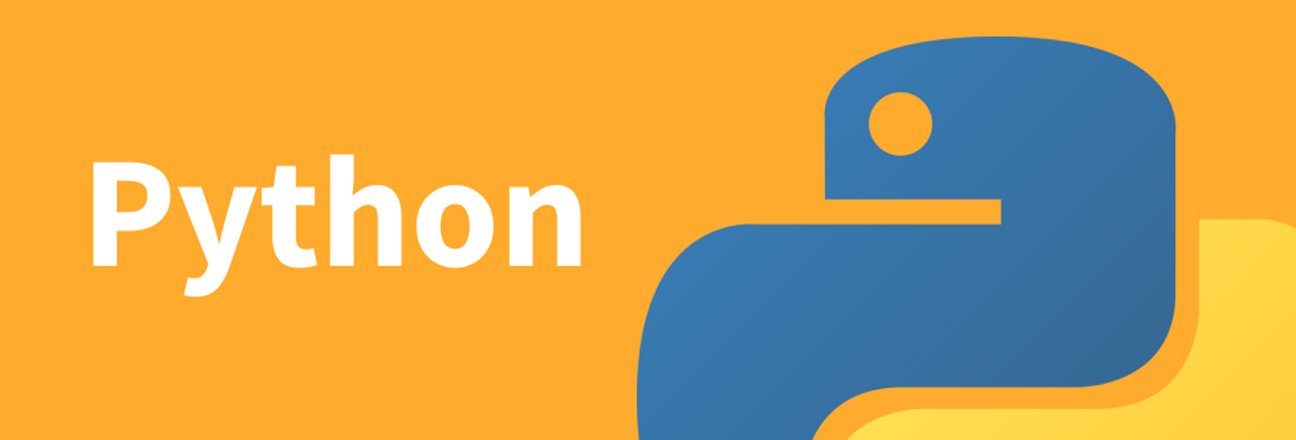Admitok - IT is leading Python training institute in Hyderabad. We offer the best training and 100% placement assistance.
Python is a high-level, interpreted programming language that is widely used for web development, data analysis, scientific computing, and artificial intelligence. It is known for its simplicity, readability, and flexibility, which make it a great language for beginners and experienced programmers alike.
Some Features of Python
Python has a large and active community of users and developers, which has contributed to the development of a wide range of libraries and frameworks for tasks such as web development, machine learning, and scientific computing.
There are many resources available for learning Python, including online tutorials, textbooks, and online courses. You can also find a wealth of information on Python-specific forums and discussion groups.
Course Duration:
Online
Corporate
Classroom

